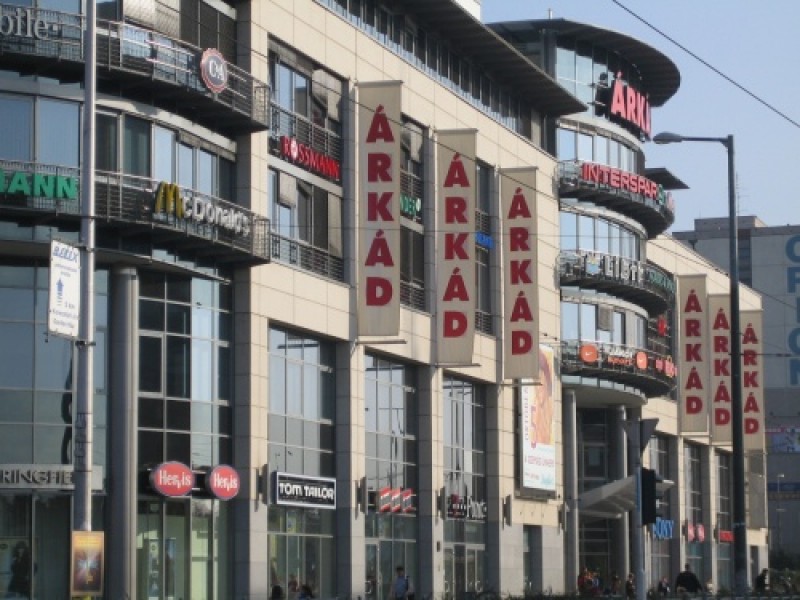
The Arkad 1 opened in 2002, but when the in 2007 a bigger shopping mall, the Arena Plaza passed on to the general public, the Arkad got the gloves and built the Arkad 2, which one opened in 2013.
#ORS VEZER TERE TORTENELEM MOVIE#
Except the majority probably ends up at the next door Sugar Shopping mall especially, who want to see a movie as well.Īrkad is the largest and most modern retail complex in Hungary, Opposite to it the IKEA store probably more of a benefit, than a competition, since their profile is mostly different, and because IKEA attracts a lot of visitors, some of them will go to Arkad as well. Sonya Oskolskaya, Natasha Stoynova, Some Changes in the Noun Paradigm of Ulcha Under the Language Shift, 2017.To be at the end of the line of metro two means, that this shopping center is quite far from the center of the city.Please add to it, or discuss it at the Etymology scriptorium.) Noun (This etymology is missing or incomplete. third-person singular present indicative.kiadás (’The Rules of Hungarian Orthography, 12th edition’). ^ Section 183 in A magyar helyesírás szabályai, 12.^ Section 95 and Section 110 in A magyar helyesírás szabályai, 12.( informal ) Synonym of korcsolya ( “ skates ” ).ĭeclension Inflection (stem in long/high vowel, back harmony).Most of these words may also have a meaning without an implicit possessive sense.Ĭlipping and -i diminutive of korcsolya ( “ skates ” ). Örs vezér, Rózsák, Hősök téri/terei, the latter form being ambiguous, possibly referring to multiple possessions), and ( útja →) úti (e.g. Other similar constructions include ( napja →) napi ( anyák/háromkirályok/halottak napi), ( tere →) téri (e.g. These exceptions involve the adjective-forming suffix -i and they include ( belseje →) belsej i, ( eleje →) elej i, ( kora →) kor i (or regular korabeli), ( vége →) vég i, as well as geographical adjectives like ( foka →) foki, ( környéke →) környéki, ( köze →) közi, ( melléke →) melléki, ( mente →) menti, ( alja →) alji, and ( vidéke →) vidéki. the deletion of -e in ablak üveg e ( “ pane of window ” ) results in ablaküveg ( “ windowpane ” ). It is one of the few cases in Hungarian orthography when the deletion of the possessive suffix does not entail writing the resulting phrase in solid (in one word, as a compound) as a result of elision, as opposed to the regular case when e.g. of or from the era or period of …… ( following a noun ) Erzsébet kori szék ― Elizabeth an chair honfoglalás kori lelet ― find or artifact from the age of the conquest.
.jpg)
Kora ( “ …’s age, the age of… ” ) + -i ( adjective-forming suffix ), omitting -a.

of, at, or relating to a certain age ( following an adjective ) legújabb kori történelem ― modern history (literally, “ history of the most recent age”) fiatal kori bűnözés ― juvenile delinquency (literally, “ delinquency at young age”)ĭeclension Inflection (stem in -a-, back harmony).Kor ( “ age ” ) + -i ( adjective-forming suffix ) Adjective




 0 kommentar(er)
0 kommentar(er)
